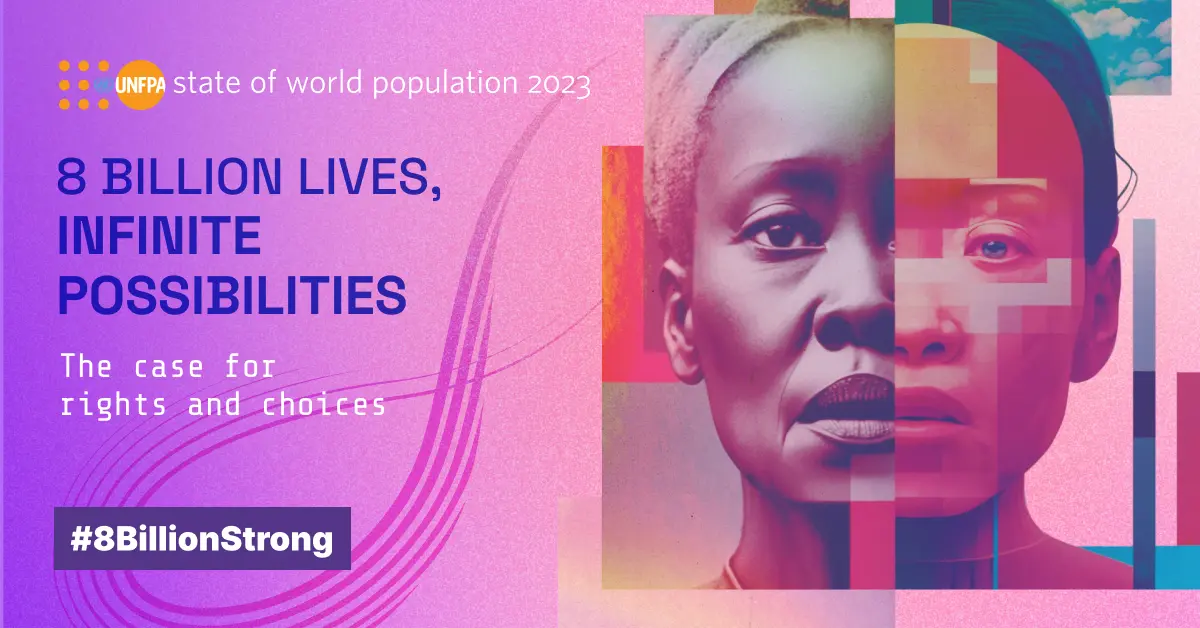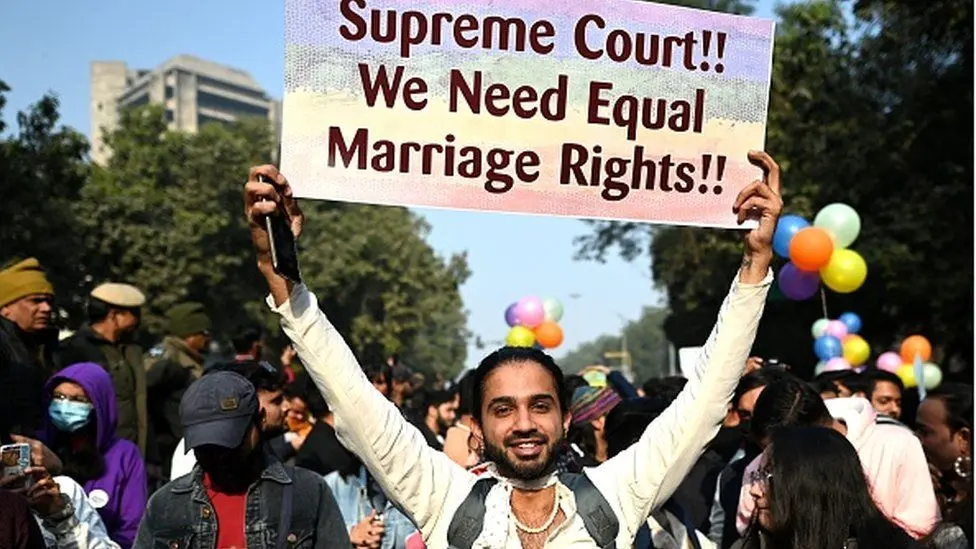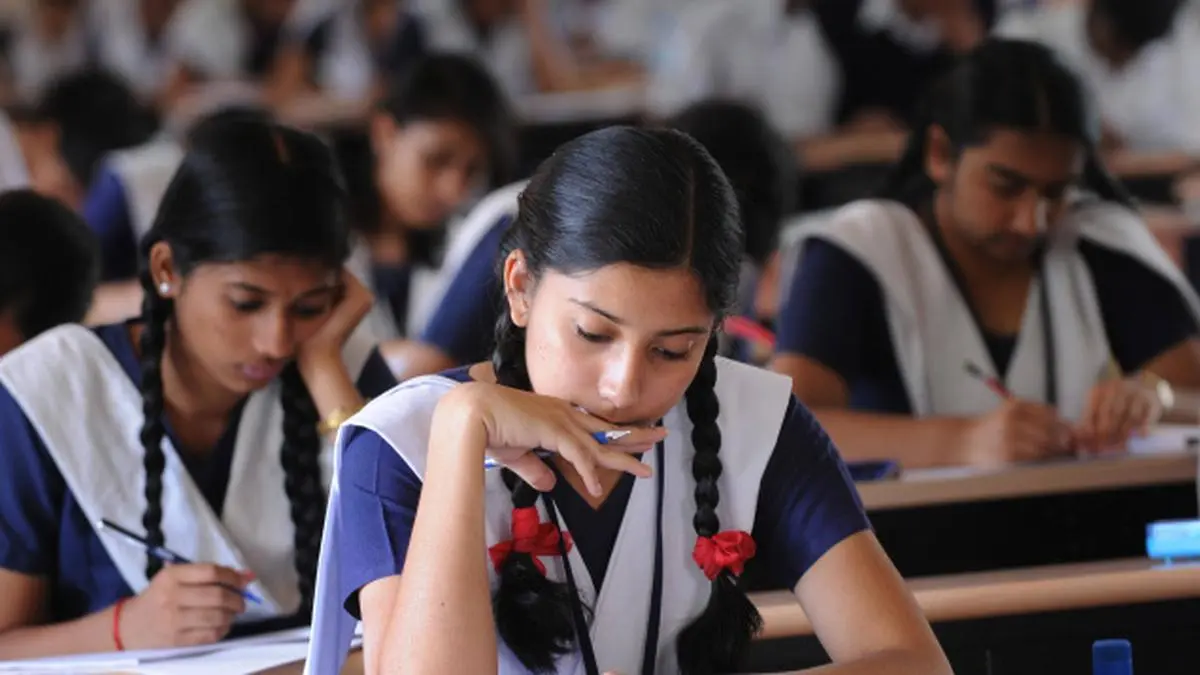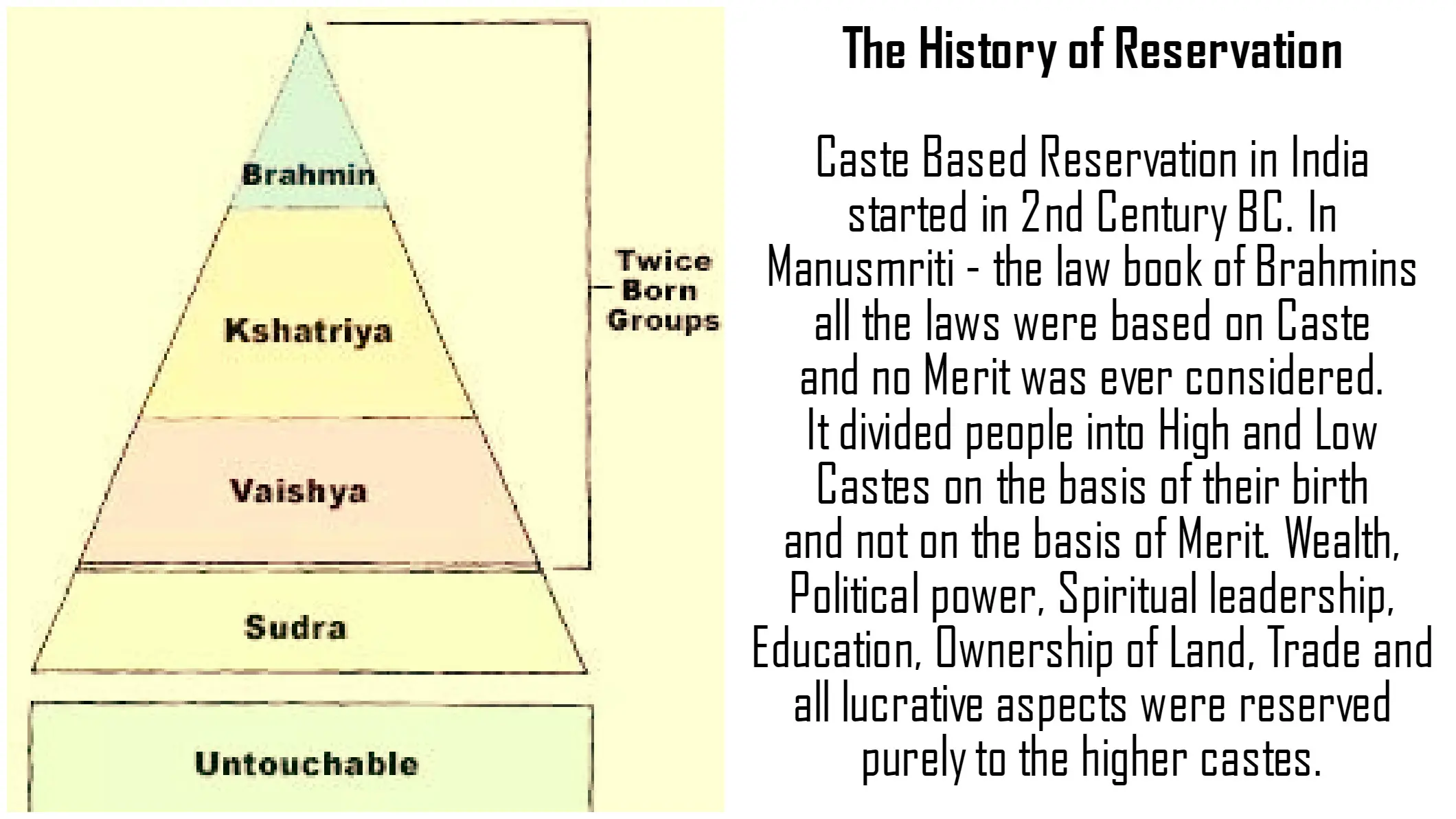UN population report: Key takeaways for India and the world
economics
What is Economics?Difference between Economics and EconomyBranches of Economics (Macro and Micro Economics)Econometrics (the third dimension to Economics) What is Economics?“Economics is the study of all activities of human beings that involves money in some way or the other.”This, probably, could be the simplest possible definition. All activities of man related to money are termed as ‘Economic Activities’. Hence, Economics studies the economic activities of man. Let us understand Economic Activities with some examples.buying or selling anythingpaying rentbooking online ticketsoffering alms to beggarsmonetary charity (including religious places), etc.All the above activities have the involvement of money in some way or the other. Thus, all such monetary activities belong to the category of economic activities of man. Under economics we describe, analyse and study these economic activities of man and try to draw some pattern with them and their outcomes. This helps us drawing some definitions and models in economics which in return help us predict the possible outcome of any economic activity and also assist us to plan better and manage, produce, consume and distribute resources efficiently. Thus, if we have to define Economics, we can, now, say, “Economics is a branch of social science that deals in the production, distribution, exchange and consumption of goods and services and also describes and analyses how choices are made by individuals, families, societies, business entities, and governments to allocate scarce resources.”It aims at solving the primary issue of scarcity of resources when the human wants are unlimited and there are alternative uses of the resources. Thus, the ultimate aim of studying economics can be understood with the following phrases: to describe and analyse how choices are madeto plan, manage, distribute and exchange the scarce resources(how) people consume goods and servicesto predict the possible outcome of any economic activityIf economics helps us predict better, why do even the Nobel Laureates in Economy fail to predict correctly many a time? Whoa! Well caught! But the answer is quite simple. Every man on earth is different and behave (make choices) differently because of multiple reasons and factors. We just can’t predict the next move or step even of a single man let alone a group of people. And economic activity of man is no exception to it. Thus, economic activities of human beings can’t be actually predicted to perfection. Let us try to make it a little simpler. Suppose, to a beggar you gave ten rupees. Can you tell me, with that ten rupee note, what he will do? You may expect him of buying something for himself to eat or to wear, etc. Right? But what if he clubs the ten rupees (given by you) with some more (already saved) and buys a descent smart phone for himself or his wife (to make Tik Tok videos – just kidding)? Or he may use it to pay his debts or some Hafta (tax) to some local goons. Or he could use it for his medicines. Couldn’t there be such possibilities? Yes, there could be. There could be end number of such possibilities. Similarly, suppose, a government of a country raised the salaries of employees thinking that they would spend more in the market and as a result the market would witness some rapid growth in demand of goods and services in the country. Such government step might work. But what if the public behave otherwise and instead of spending in the market, most of them saved it in their banks or otherwise for their rainy days. Couldn’t this be probable? Yes, it could be. Thus, any economic prediction to the fullest degree of certitude is impossible. Does it imply that studying economics is worthless then? No. For Economics’ sake, no. The span of economics is not confined only to the prediction of economic behaviour of man. It is much more than mere prediction. Economics does help us understanding the economic behaviour of man, though, not to the fullest degree but, of course, to a greater degree. The applicability of economic principles helps man, business houses and governments to achieve their goals and targets. We can maximize our profits or decrease losses. It also helps us in efficient planning and management of our scarce resources. Economics helps a nation to solve its major problems related to management, production and distribution of its resources like:What and how much to produce?When and for whom to produce?What and how to distribute?Which planning is to be made for economic growth? etc.The list of benefits of studying economics is long. Thus, mere prediction related shortcomings cannot undermine the relevance of economics in the present world. Because of its utmost utility in day-to-day life (and in our examinations too. Ha ha. Just kidding), it stands apart from any other discipline. Difference between Economics and Economy Economics is a discipline that deals in the theoretical part of economic activities (of man) such as definitions, concepts, models, theories, formulas, etc. And such theories, concepts and models are the outcome of both the processes i.e., science and art. Thus, economics as a discipline is both, the science and art of decision making to utilize the scare resources in the best possible way. Economics studies the structure, working, issues, remedies, etc. of an economic system. It includes the analysis of the different types of the economic systems, economic decisions and its implementation by various economic units, such as individual, family, institutions, government, etc. Economics is more of a theoretical aspect of economic activities and as a discipline, it is taught in schools, colleges, universities, etc. to understand the nuances of man’s economic behaviour. But when its theories and concepts are applied in day-to-day life concerning production, distribution, consumption, and exchange of goods and services, and supply of money by either an individual, a family, a society, a business entity, a state or a nation, it is termed ‘Economy’. It is, thus, the practical aspect of economics where its theories, concepts, models, etc. are put into practice. “Economics in action is Economy.” To make it simpler, let us take an example. Capitalism is a theoretical concept of economics in which a (political) government has no control over the production, distribution and pricing of goods and services, in brief, over the market. And when any country follows the same concept either in toto or with little modification or twist, we call it a capitalist economy NOT capitalist economics. It is because capitalism is not mere a theory now, it is literally being practiced by the government. Hence, economics is in action. Thus, we call it an Economy not Economics. Some examples of capitalist economies are USA, England, Australia, Japan, etc. In the same way you can call a country a socialist economy or a mixed economy, etc. based on their economic practice. (We shall read about capitalism, socialism, etc. a little later.) Calling any country “Economics” prefixed by their country name (like Indian Economics, US Economics, etc.) shall be grossly erroneous. However, it is absolutely correct to say Indian Economy, US Economy, Asian Economy, Global economy, etc. because it gives us a comprehensive outlook of the nation or the region of their economic behaviour. Thus, an economy, in a wider perspective, basically represents a region, a particular area or a country within which their economic behaviour is taken as a whole. Every nation of the world follows economic principles in their own way to manage their scarce resources. Though, all nations follow economic principles but not in the same way, as all of them have different set of needs, demands, priorities, challenges, etc. Thus, different application of economic principles in different proportion and degree for different economic behaviour. Hence, they are all unique and different economies in their own way. So, we call them Indian Economy, US Economy, Asian Economy, European Economy, etc. The practice of economics can be at any level, be it at individual level, family level, community level, any business entity level or any specific geographic or country level. Thus, even an individual can say, ‘my economy, your economy, his economy, etc.’ Now face this yorker. Does Economics follow Economy or Economy follow Economics? You may wonder what kind of question it is, but it is true and does make sense. It means whether economic activity of man (economy) is done (or performed) according to the definitions, principles or concepts of economy (economics) or these principles and concepts (economics) are derived as per the human action. The answer is very simple and obvious. Man acts first and over the period of time based on the experiences of such actions, theories and principles are derived. Thus, normally Economics follows Economy. Thus, it is often said that Economics is the study of Economy. But in the recent past the frequency of economy following economics has seen an updraft. For example, US government followed the path of capitalism only after its theorisation in the 18th-century (1776) by Scottish political economist Adam Smith in his book “An Inquiry into the Nature and Causes of the Wealth of Nations”. Similarly Socialist economies were created only after the conceptualization of it by Karl Marks, Engels and others. Now a days it’s been a trend where governments, business entities and even individuals follow the economics in their day-to-day life in order to optimize their output. Thus, it has been pretty clear now that in the present context both Economics and Economy are reciprocal to each other. They both follow each other in some way or the other. But at large, Economics is the outcome of economy. BASIS FOR COMPARISONECONOMICSECONOMYWhat it is Economics is a discipline in which we study how to utilize our scarce resources for the maximum output and satisfaction.Economy is not a discipline rather it is the applied part of economics in a country, region, geographical area, business entity, family or an individual. How it worksIt deals merely in theories, principles, formulas, models, concepts, etc. It focuses on the way economic agents behave and interact.These theories, principles and concepts are literally applied in day-to-day life. It focuses on how these theories, models, etc. are applied and in which way a country’s economic affairs are conducted and organized.Concerned withthe research, development and analysis of economic activities of human beingsthe specific geographic region, state, country, business house, etc. in which such research and analysis are performed.Focuses onDescription and analysisExecutionBranches of Economics (Macro and Micro Economics) Today, there are two major branches of economics – Macroeconomics and Microeconomics. But this dichotomy in economics had not always been this way. Before the Great (Economic) Depression of 1930s economics was just economics – the study of how human societies organize the production, distribution, and consumption of goods and services1 (IMF Research Department). Myriads of economic theories also developed considerably after the advent of Scottish economist and philosopher Adam Smith (the Father of Economics) and his book “the Wealth of Nations” in 1776, but economics was still undivided. It was, in actual, the Great Depression that forced economists to believe that the study of individual markets would adequately explain the behaviour of aggregate economy once the masterpiece of John Maynard Keynes “The General Theory of Employment, Interest and Money” was published in 1936. And from then onwards the approach to studying economics acquired two realms: Macro Economics and Micro Economics. That is the reason why John Maynard Keynes is also acknowledged as the Father of Macroeconomics. Chris Rodrigo, a Visiting Scholar in the IMF’s Research Department, states that economics is split between analysis of how the overall economy works and how single markets function. Let us have a look to this table to have a better understanding of these two branches of economics. Macro EconomicsMicro Economics Macroeconomics presents a big-picture and is mainly concerned with the overall working of the economy. It gives us a comprehensive understanding of any economy.Microeconomics on the other hand presents a little-picture and is concerned with the behaviour and actions of individual economic agents or a single market, industry or sector. Broad issues of the economy are studied, such as GDP, inflation, economic growth, National Income, unemployment, trade balance, poverty, the standard of living, etc.It may take a single person, a household or a business entity to analyse the way they respond to changes in price. It considers taxes, regulations, and government legislation. It examines economy-wide phenomena and studies how a government’s policies impact the economy as a whole. It examines sector specific phenomena and studies how prices are determined. Overall and Comprehensive (The object of analysis is the entire market in totality.)Individual and selective (The object of analysis is a single market.) It can be taken as a Universal set.It can be taken as a Subset. Top-down approach (Since the government’s decision and policies affects the entire market. For example – Any change in the key rates of monetary policy affects the entire market meaning the effect of the changes trickle down from top to bottom.)Bottom-up approach (Any government’s policy is affected as a result of some changes or demand in a specific sector(s). For example – to boost some sector government provides tax benefit, subsidies, etc. Government also applies variable GST rates on different goods and services, etc. observing the potentiality of the sector.) Thus, individual sectors impact government decisions. Bottom-up approach. To keep it simple, macroeconomics is analogous to a general physician in medical science that deals with the entire human body as a whole. Whereas microeconomics is like a cardiologist (heart specialist) or an orthopaedic doctor (bone & muscle specialist) who is a specialist doctor and is concerned not with the entire body but with a particular part(s) of the body. Our heart, eyes or lungs are not detached from our body though their studies are different. They coexist and complement each other. If any part of the body is not healthy or fully functional, it affects the entire body to varying degrees in some way or the other and similarly, when the entire body is tired, it also affects the other parts of the body. Likewise, both macro and micro economics, though, are the two different branches of economics, but they are also not separated rather interdependent and reciprocal. Coexistence and complementarity are the two basic tenets on which macro and micro economics are based. “Microeconomics is based on models of consumers or firms (which economists call agents) that make decisions about what to buy, sell, or produce—with the assumption that those decisions result in perfect market clearing (demand equals supply) and other ideal conditions. Macroeconomics, on the other hand, began from observed divergences from what would have been anticipated results under the classical tradition.” Analysis of buying and selling led to the consumer demand theory whereas the production analysis led to the production theory (theory of firm). After analysing the behaviour of consumers and firms at this micro level, new ancillary topics also developed like market competition, economic welfare, general equilibrium, etc. By and large, most of the economic analysis is microeconomic in nature and has applicability in trade, industrial organizations, public finance, labour economics, welfare economics, etc. Microeconomic analysis offers insights into taking business decisions or formulating public policies.-IMF Research DepartmentAre Micro and Macro Economics the only two branches of Economics? No, not precisely. Have a look below. Econometrics (The third dimension to economics) Besides macroeconomics and microeconomics, econometrics is the fast evolving third approach of studying economics. For better analysis of economic behaviour, policy making and better applicability of theories, economics has to be quantifiable. Thus, econometrics uses economic theory, mathematics, and statistical inference to quantify economic phenomena. Simply put, it provides facts and data to economic decision making and policy formulation. Without econometrics it would be literally difficult to minutely analyse micro or macroeconomic behaviour.















